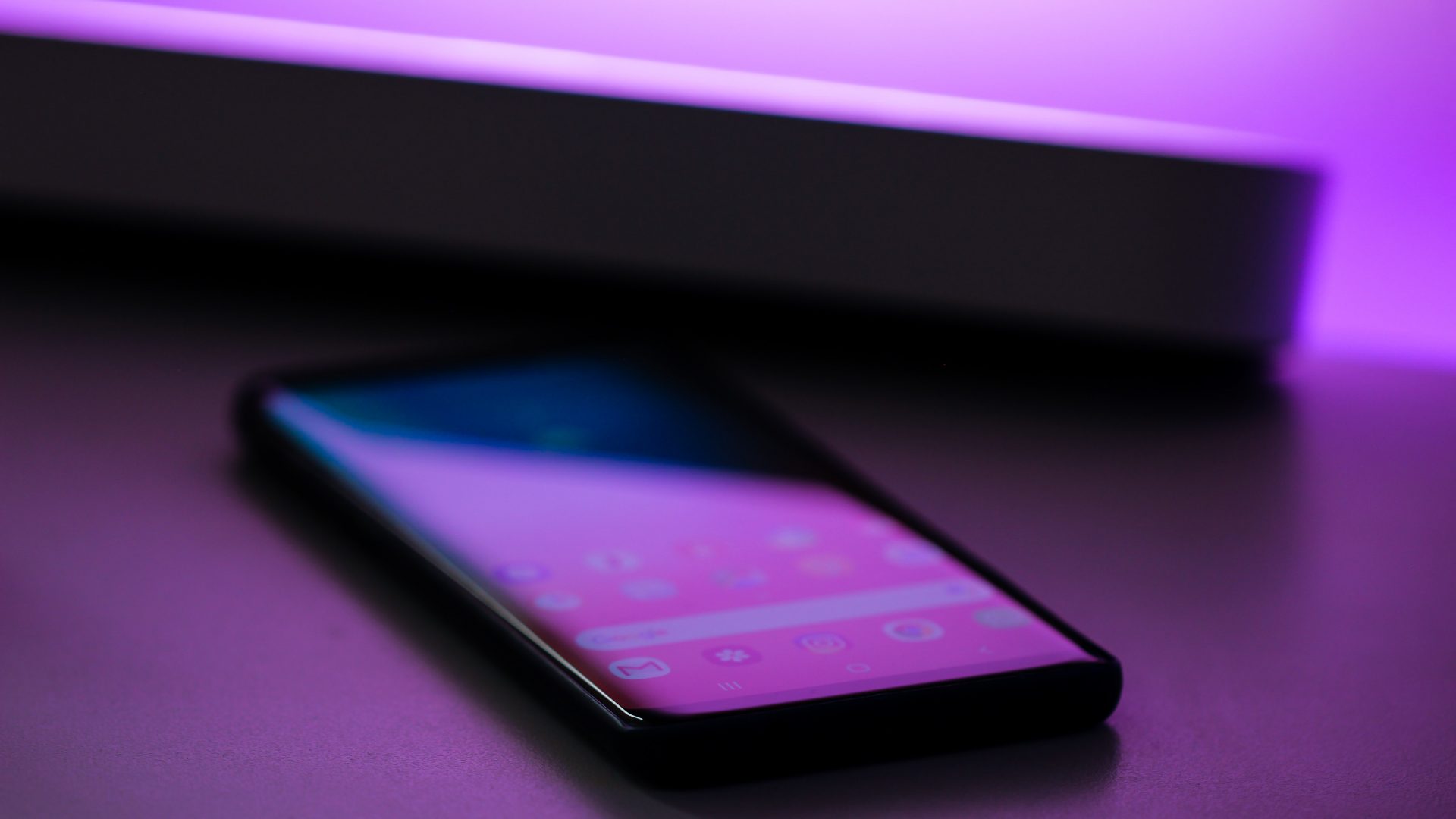For many of us, a mobile device is always close at hand. Having gone from a clunky, heavy piece of technology that was only just about capable of making a phone call, to a must-have gadget capable of assisting with an incredible array of daily tasks, mobile devices are everywhere. Currently there are 3.5 billion smartphone users in the world, with the average US adult spending almost three hours per day using their smartphone.
The impressive capabilities of mobile devices has made them a vital piece of equipment for a wide array of business tasks, with vast numbers of companies now making them a key part of their day to day processes. But are there risks involved in our reliance on these clever little contraptions? Well, the short answer to that is, unfortunately, yes. Mobile devices do come with an element of risk, and can leave businesses exposed to dangerous security threats if the right defences aren’t put in place.
Mobile devices are more intelligent than ever before
The capabilities of mobile devices are nothing short of astonishing, particularly when you pair the latest handsets with cutting edge apps and intuitive business-ready software. Today’s mobile devices can significantly enhance efficiency, freeing up time for employees and cutting costs for the entire organisation.
Forward-thinking businesses are now using mobile devices to fulfil a whole host of different tasks and processes, from checking stock and placing orders to scheduling appointments and updating social media. A quarter of businesses use mobile devices to manage banking tasks and track expenses, and 14% are also using the devices to take payments from customers. But as the potential of mobile devices increases, so too do the opportunities that these devices present to criminals looking to steal data and exploit organisations. And that’s why security is so important for companies making use of smartphone technology.
Encryption can be difficult to enforce with mobile devices
It is of course perfectly possible to encrypt mobile devices, and many companies make great use of encryption for their company smartphones. However, all too often data leaks and other cyber attacks can arise from a lack of encryption, and this can occur for a number of reasons.
Sometimes companies will provide strict encryption guidelines to their employees, but fail to enforce these properly and leave themselves open to risk as a result. In other cases, staff might be tempted to use their company devices for personal tasks such as email or social media, and forget the rules on encryption entirely. And of course there can be technical glitches with encryption services which can quickly be taken advantage of by cyber criminals, as we’ve seen in the past.
Employees must be given clear guidance on mobile usage
Human error plays a huge role in cyber attacks; far too many stories of data leaks and malware could have been avoided through something as simple as security training. An element of training on the threats posed by cyber criminals should be provided to any employee who has access to company IT systems, and this becomes even more important if team members have access to an organisation’s systems or data via a mobile device.
Companies looking to avoid the dangers posed by mobile security threats should make training a priority, and check that everyone working on a smartphone is fully clued up on what the risks are, and how to spot a potential threat. Guidance should be given on what to do if a device is stolen, and the need for regular updates for both the operating system and any apps or other software that might be connected to mobile devices in use.
It’s worth noting that an estimated one in four apps contains a security flaw, and that half of apps with between five and ten million downloads is hiding a security flaw. The fact that an app is widely used and well known doesn’t necessarily mean that it’s safe, and that’s something that all employees should keep in mind.
Weak passwords are a mobile security nightmare
Passwords are vitally important when it comes to protecting the security of mobile devices, but an alarming number of professionals aren’t paying enough attention to their passwords. If a smartphone is being used to fulfil sensitive business tasks, the device must be fully protected with the strongest passwords – and those passwords should be changed regularly.
Unfortunately, far too many of us are still relying on weak passwords. Just 20% of people surveyed by Statistica use a password manager, which means that the vast majority of passwords are still being memorised, and therefore are unlikely to be particularly strong. Passwords should be seen as a first line of defence against security breaches, and given the attention they deserve both in terms of their strength, and the regularity of updates.
Work devices and personal phones should never be mixed
These days it’s all too easy to switch between work and personal correspondence on the same device, but this is a real concern from a security point of view. Businesses using mobile devices are being urged to separate work and personal communications, and ensure that employees aren’t tempted to use their work phones for anything non-work related.
This advice isn’t just beneficial in terms of malware protection either. It also helps to avoid the lines between work and personal time being blurred, and means that employees won’t feel pressured to respond to business emails and phone calls during their down time. This can help to avoid burnout, and keep employees feeling fresh, motivated and on the ball.
—-
Mobile devices are brilliant for business; once they’re put to good use they can quickly become vital to a whole host of different services. But they aren’t without their drawbacks, and one of these is undoubtedly network security.
When not managed properly, mobile devices can make life easier for cyber criminals, leading to crippling cyber attacks with potentially catastrophic effects. However, if mobile usage is prioritised as part of ongoing security measures, and the correct procedures are put in place, companies can protect themselves from harm while still taking full advantage of the endless possibilities that mobile devices hold.
If your company is considering using mobile devices, or your staff are already reliant on smartphones for some of their day to day tasks, ensure that all team members are fully trained on network security. Make sure passwords are as strong as possible, and all staff keep on top of recommended updates to heighten mobile security. Mobile devices themselves aren’t a security threat, but they can be dangerous if due care and attention isn’t given to the potential exposures that these devices present.







